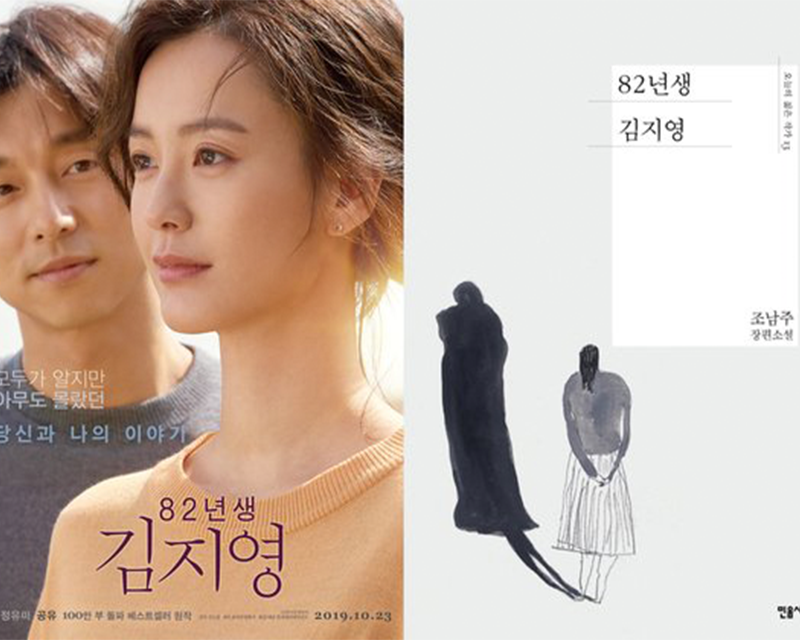On Oct. 23, the movie “Kim Ji-young, born 1982” was released, adapted from a novel written by Cho Nam-ju. Starring Jung Yu-mi and Gong Yoo, notably popular Korean actress and actor, the film conveys the complex emotions of the characters to the audience. From the outset, the original novel “Kim Ji-young, born 1982,” published in 2016, which addresses the lived experiences of deep-rooted discrimination women face as they mature in Korean society, was a best-selling novel in Korea, Japan, and a number of other countries. Amidst both praise and criticism, the movie also remains highly popular, currently ranked high in the box office.
“I am so excited to watch the movie,” said Unnseo Park (12), an avid follower of the movie on social media. “I did not know the book was turning into a movie until its trailers were all over social media. Thousands of people left comments, sharing the posts with their friends. Especially since the movie casted top actors and actresses, no one could turn away from watching it.”
In addition to the outstanding cast, the movie’s plot has further contributed to its fame. The main character, Kim Ji-young, is a typical Korean housewife who struggles to fulfill the social and cultural expectations of a mom and a wife. After having a child, her identity as an independent young woman changes tremendously, restraining her from accomplishing any tasks outside her domestic role. Not only is she dissatisfied with her life, but others are also unappreciative of her role, underestimating her effort and pain. She struggles emotionally, eventually losing herself by showing an abnormal symptom: possession.
“The movie was emotional and memorable,” said Jennifer Shin (10), a viewer of the film. “It was a chance to look into the lives of people that are barely acknowledged. Many people regard housewives’ role as less significant, and this movie debunks that idea. It points out that our society only portrays the benefits of being a housewife, never emphasizing the sacrifices they make.”
The film’s director, Kim Bo-young, has also noted that she hopes that Kim Ji-young’s narrative reminds many viewers of their wives, sisters, and female friends. The protagonist’s story is portrayed not as a singular narrative, but a shared experience that resonates with any Korean woman. In fact, many women, who sympathize with the main character, appreciate the movie and hope to see more works on similar topics in the future. These individuals think Kim Ji-young’s story is a realistic depiction of the hardship women go through and allows people to understand how mothers are losing their true identities. Conversely, some people argue that this movie inaccurately represents the reality of Korean society, eliciting sympathy for women and victimizing men through exaggeration.
“Some people are rating the film poorly even before watching the movie,” said Christine Yu (10), a reader of film critiques. “Since people have different perspectives, no movie can avoid criticism, but ones toward “Kim Ji-young, born 1982” seem to be extreme. Both sides of the argument, supporters of feminism and antifeminism, are unwilling to listen to one another, creating worse consequences. I hope this conflict ends, and the movie receives the right evaluation it deserves.”

